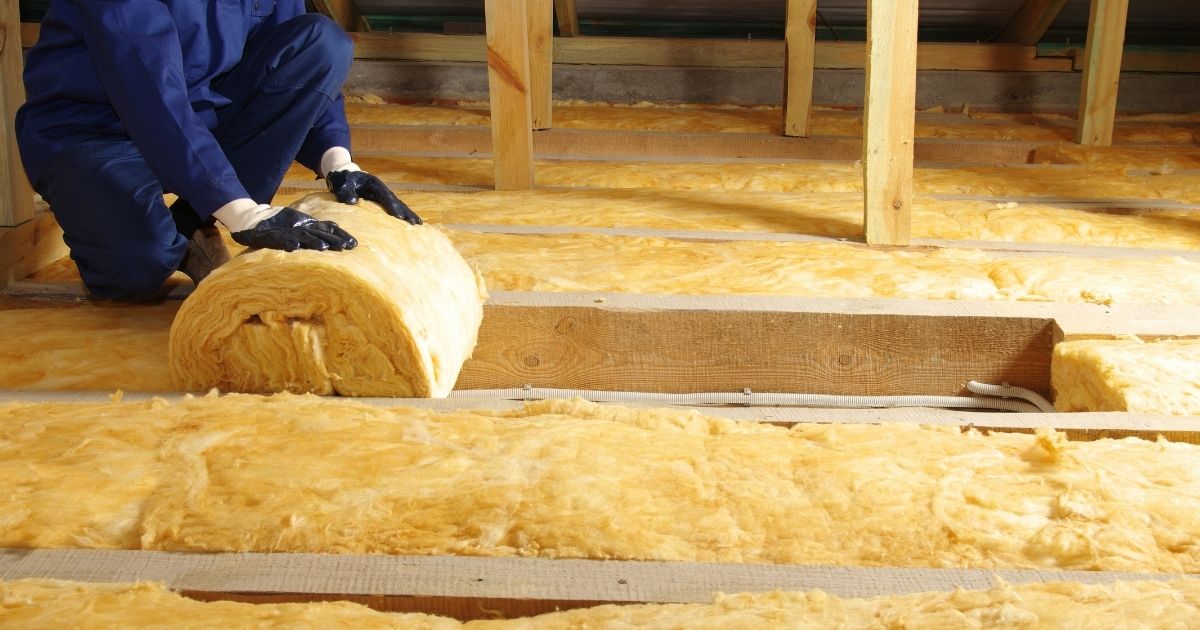From fiberglass to spray foam, there are numerous types of insulation materials on the market that you can choose from. The question is, how do you decide which one is best for your home? To select the material that best fulfills your home’s needs, check out these top factors to consider when choosing an insulation material.
R-Value
When choosing an insulation material for your home, its R-value is arguably the most critical factor to consider. The R-value of an insulation material indicates how effectively it blocks the flow of heat. The higher the R-value a material has, the better it will insulate your home.
Cost
If you’re on a budget, the cost will also play a large role in deciding which insulation material to choose. When it comes to low-cost options, fiberglass, cellulose, and rock wool are among the cheapest. However, higher-priced options, such as closed-cell spray foam, have superior insulating capabilities and could end up saving you a considerable amount of money on your monthly energy bills over time.
Allergies
To avoid installing an insulation material in your home that will trigger a negative reaction in you or one of the other members of your household, you should also think about allergies. In some cases, insulation materials, such as cellulose, mineral wool, and fiberglass, can elicit allergy symptoms in people exposed to them. Before installing one of these materials in your home, find out if they could be harmful or irritating to anyone in your house.
Moisture Resistance
Another factor to consider when choosing an insulation material is moisture resistance. While some insulation materials are completely impervious to moisture, such as closed-cell spray foam, others may become ineffective or incur mold growth if they get damp. As such, look into the moisture-resistant qualities of an insulation material before installing it in your home, especially if you plan on installing it in notoriously moist areas like the basement or crawl space.
Soundproofing
In addition to blocking the flow of heat, some insulation materials can also dampen sound. If you’re interested in installing an insulation material that will double as a sound-proofer, consider choosing batts of mineral wool, rock wool, or fiberglass.










